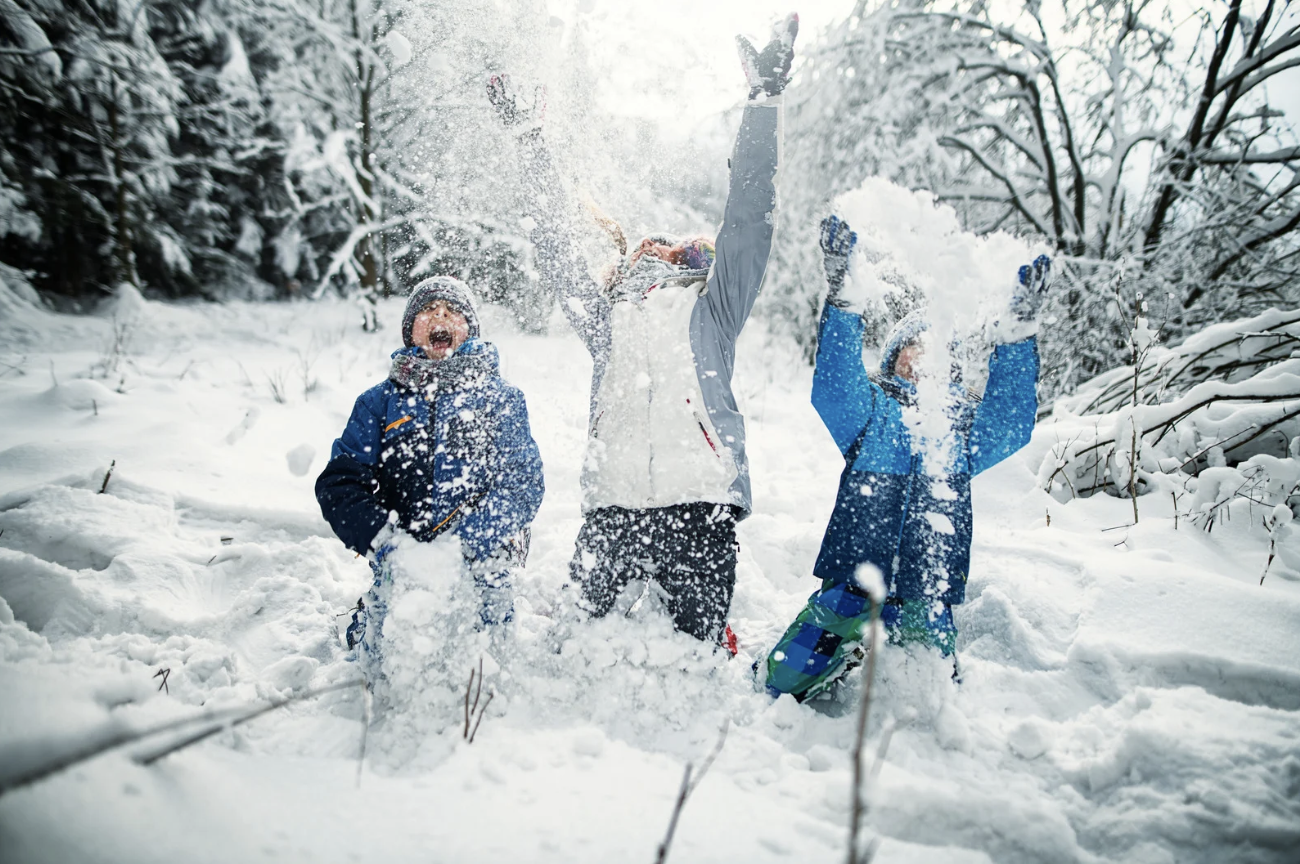Anxiety and Mental Skill Training of Student-Athletes During a Pandemic (COVID-19)
Abstract
The COVID-19 pandemic led to the cancellation of sports competitions and the imposition of health measures. This led to stress and worry, with 69% of student athletes experiencing anxiety. In this context, they could use mental skills training to regulate their emotions and support their well-being. This study aims to: (1) explore the main challenges faced by student athletes during the COVID-19 pandemic; (2) examine how their perception of anxiety evolved throughout the pandemic; and (3) identify strategies that help maintain well-being during periods of uncertainty. Semi-structured videoconference interviews were conducted with ten coaches and nine student athletes. The data were analyzed using inductive analysis and triangulation. The results suggest that during the COVID-19 pandemic, student athletes faced unexpected difficulties, such as being forced to stop practicing their sport, train only at home and transit to online classes. The unpredictability of health measures had an impact on social relationships and also influenced their perception of anxiety. Once these measures allowed the return of in-person classes and the resumption of sports, they could also become a source of anxiety. Finally, socialization, emotional regulation, and the use of mental skills training appear to support well-being during periods of uncertainty.
Published
Issue
Section
License
Authors who publish with this journal agree to the following terms:
- Authors retain copyright and grant the journal right of first publication with the work simultaneously licensed under a Creative Commons Attribution-Share Alike 2.5 Canada License that allows others to share the work with an acknowledgement of the work's authorship and initial publication in this journal.
- Authors are able to enter into separate, additional contractual arrangements for the non-exclusive distribution of the journal's published version of the work (e.g., post it to an institutional repository or publish it in a book), with an acknowledgement of its initial publication in this journal.
- Authors are permitted and encouraged to post their work online (e.g., in institutional repositories or on their website) after publication, while providing bibliographic details that credit PHENex (See The Effect of Open Access).


